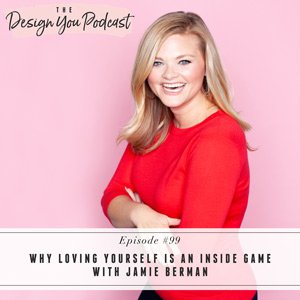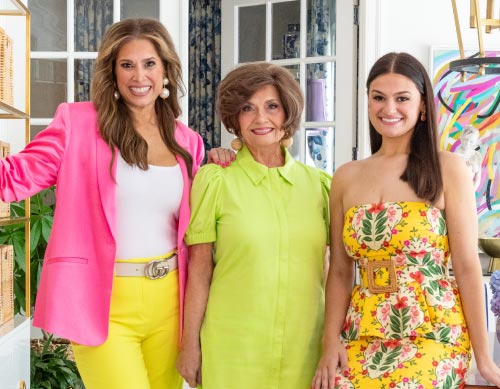
My guest on the show this week is my friend Jamie Berman, who is a certified weight loss coach who specializes in working with women who have Polycystic Ovarian Syndrome. We’re not diving into her experiences with PCOS specifically today, but if you want to know more, you have to check her work out! Instead, what we’re discussing today is about achieving all the things you want, striving for a certain feeling, and then not feeling that way when you get to the “finish line.”
We all have that experience of wanting to make a certain amount of money, or losing weight, or finding the perfect partner, and then not feeling the way we thought we would when we got there. Jamie is talking us through how to cultivate the feelings you want to experience now, and why unless you do the necessary work on yourself, you’re going to have the same feelings and be the exact same person you are right now.
Listen in this week as we get into the importance of prioritizing self-love in everything you do. This is at the core of Jamie’s work, and I so enjoyed having her talking us through her journey and how keeping this at the forefront can be so life-changing in so many ways.
If you want to keep this conversation going, you have to join my free Design You Podcast community on Facebook. We have great conversations over there about the podcast episodes and our podcast guests are in there too! So head on over and I’ll see you there!












